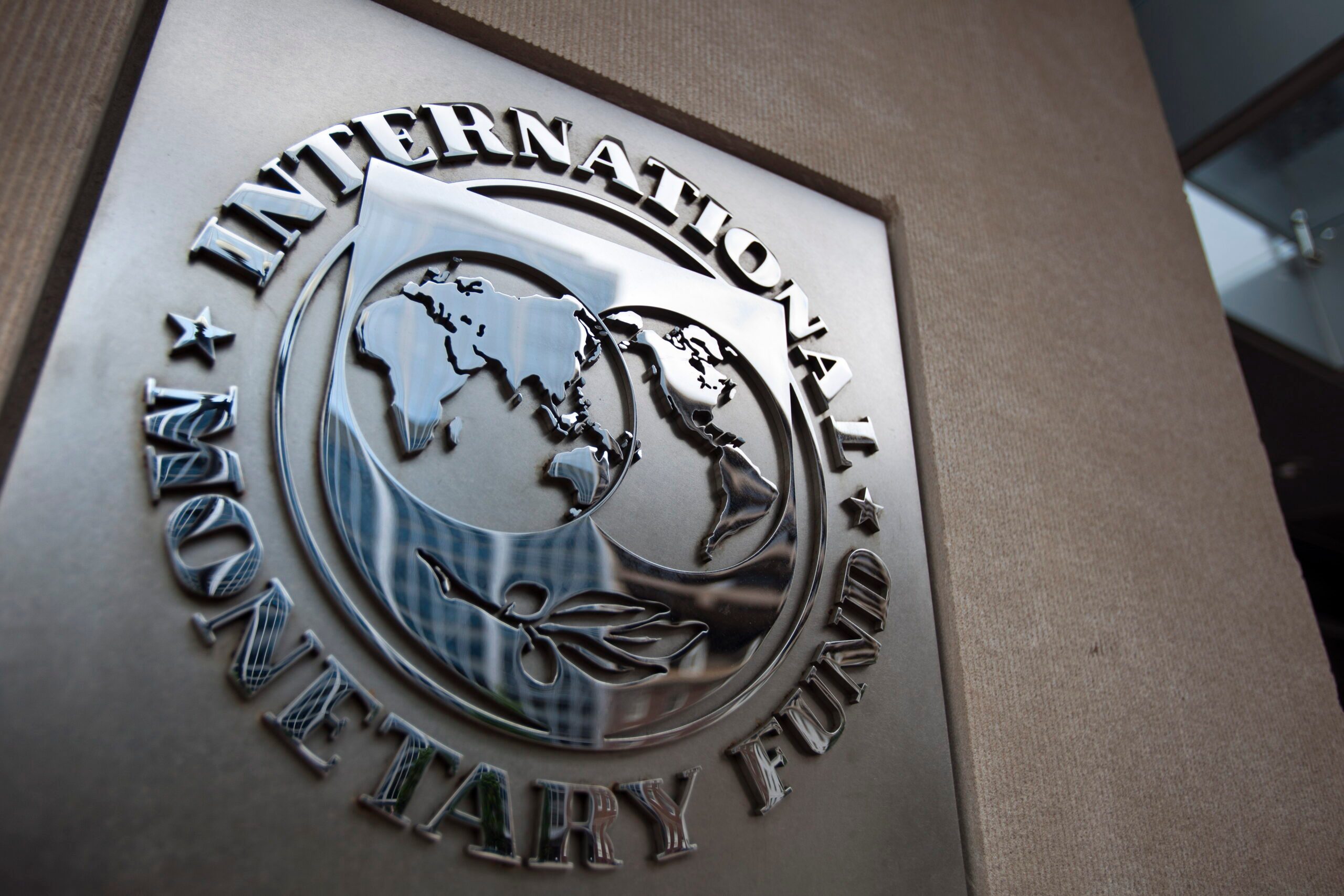SUMMARY
This is AI generated summarization, which may have errors. For context, always refer to the full article.

WASHINGTON, USA – Leftists have long made a sport of blasting neoliberalism, the market-guided economic doctrine championed by the International Monetary Fund (IMF), as boosting poverty and inequality.
Now that view is coming from inside the IMF itself. A new assessment from Fund economists suggests the neoliberal approach to creating sustainable growth in developing countries can have its own lasting ill effects.
Their views offer support to legions of critics in countries like Greece and Portugal that have endured tough IMF-designed “austerity” programs to straighten out their finances.
“The benefits of some policies that are an important part of the neoliberal agenda appear to have been somewhat overplayed,” they said in an article in the June edition of the Fund’s Finance & Development magazine.
“Instead of delivering growth, some neoliberal policies have increased inequality, in turn jeopardizing durable expansion.”
The authors, 3 members of the IMF research department, said the traditional approach to helping countries build their economies through tight government spending, privatization, freer trade, and open capital flows can have “prominent” costs in terms of greater inequality.
“Increased inequality in turn hurts the level and sustainability of growth,” they said.
“Even if growth is the sole or main purpose of the neoliberal agenda, advocates of that agenda still need to pay attention to the distributional effects.”
While the 3 say “there is much to cheer in the neoliberal agenda,” they single out two key tenets as problems: removing all restrictions on capital movement; and implementing budget austerity on governments with unsustainable deficits and debt.
The economists acknowledge the great benefits to a developing country of incoming capital.
But they say that freed of constraints, foreign capital can be short-term and capricious, causing great volatility in markets and “raising the odds of a crash.”
In 150 cases since 1980 of emerging economies which experienced a sharp surge in capital inflows, 20% ended with a financial crisis, they said.
On top of that, financial openness leads to “appreciable” increases in inequality in a country’s population, they said.
Austerity policies, which often aim to curb the size of the state, not only “generate substantial welfare costs” but also “hurt demand – and thus worsen employment and unemployment.”
“The costs of the tax increases or expenditure cuts required to bring down the debt may be much larger than the reduced crisis risk engendered by the lower debt.”
“In practice, episodes of fiscal consolidation have been followed, on average, by drops rather than by expansions in output,” they added. – Rappler.com
Add a comment
How does this make you feel?
There are no comments yet. Add your comment to start the conversation.